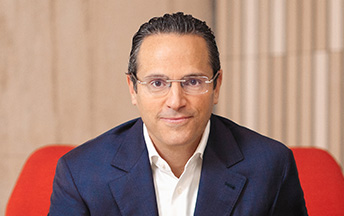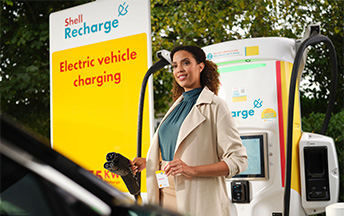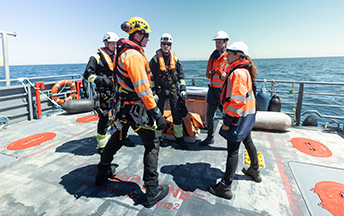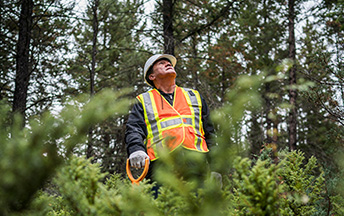Carbon credits including nature-based solutions
Powering progress
Our nature-based solution projects, which protect, transform or restore land, will have a net positive impact on biodiversity, starting implementation in 2021.
In order to become a net-zero emissions energy business by 2050, we are working to reduce emissions from our own operations and from the fuels and other energy products, such as electricity, we sell to our customers. For remaining emissions, we offer and use high-quality carbon credits, including from nature-based solutions.
To help us do that, we invest directly in natural ecosystem projects to increase the supply of carbon credits and help meet growing demand. We also buy carbon credits generated by other nature-based projects and by technologies such as fuel-efficient cookstoves.
Nature-based solutions protect and enhance natural ecosystems – such as forests, grasslands, wetlands and coastal zones – or improve agricultural sustainability by absorbing or preventing the release of greenhouse gases. As part of our selection criteria for nature-based solutions, we look for projects that will have a net positive impact on biodiversity (see Respecting nature).
Projects need different levels of funding at different stages of development. In 2022, we deployed $92 million: $69 million for nature-based projects and $23 million for technology-based projects that generate carbon credits.
For 2022, we retired around 5.8 million carbon credits on behalf of our customers, of which 4.1 million credits are included in our net carbon intensity and 1.7 million credits are associated mainly with the sale of non-energy products and Shell’s business travel (one carbon credit represents the avoidance or removal of 1 tonne of CO2). These numbers exclude direct carbon trading activities. We carefully source and screen the credits we purchase and retire from the market, and work with certification standards and rating agencies to check that our requirements are met.
In 2022, we acquired a minority stake in Carbonext, Brazil’s largest developer of REDD+ projects (REDD+ is a framework created by the UNFCCC Conference of the Parties to guide activities that reduce emissions from deforestation and forest degradation). Carbonext is currently working on the protection of two million hectares of Amazon rainforest.
We are also supporting a forest conservation project in the Philippines, where we are working with universities and local organisations to restore more than 10,000 hectares of deforested land.
We offer customers the opportunity to purchase high-quality carbon credits with the Shell fuel they buy to help compensate for the CO2 emissions generated by the extraction, refining, distribution and use of the product. This offer is available to our fleet customers in 21 countries and to retail customers at more than 4,000 service stations in nine countries. In 2022, we delivered 11 carbon-compensated liquefied natural gas (LNG) cargoes to customers across the globe, and for the first time, a greenhouse gas--neutral LNG cargo in line with the framework of the International Group of Liquefied Natural Gas Importers (GIIGNL).
Read more about nature-based solutions at www.shell.com/energy-and-innovation/new-energies/nature-based-solutions.










